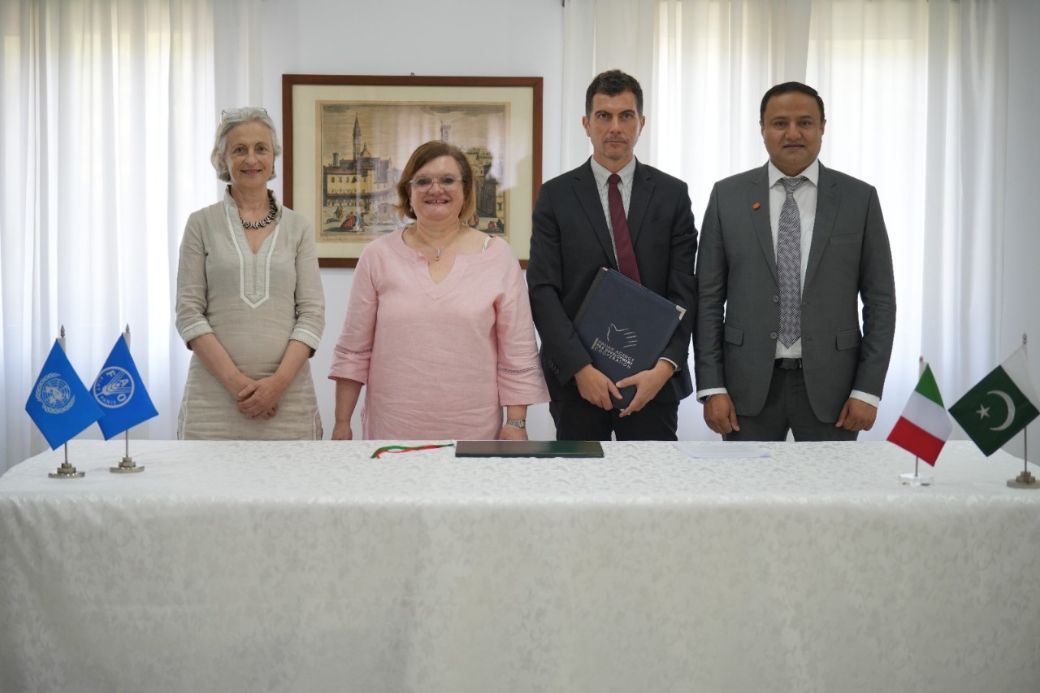Pakistan is among the countries most severely affected by the impacts of climate change. According to the Climate Risk Index 2025, it was ranked as the most vulnerable country in 2022 due to extreme events such as the devastating floods that submerged one-third of the national territory, causing over 1,700 deaths and an estimated $40 billion in damages.
These extreme events have a direct impact on rural communities, particularly in the Sindh province, where agriculture represents a primary source of livelihood. The 2022 floods destroyed a large portion of crops, undermining food security and the means of subsistence for millions of people.
In response to these challenges, CESVI and FAO, with the support of the Italian Cooperation, have launched the project “RAFAA – Resilience & Adaptation by Fostering Anticipatory Action”, which aims to strengthen the resilience of rural communities in Sindh. The initiative will directly involve 25,000 families and, indirectly, over one million people in the region.
The intervention adopts an integrated approach through a range of activities designed to enhance the response capacity of local communities. Among these, the installation of early warning systems will enable the prediction and mitigation of the impact of extreme weather events, while water quality monitoring will ensure access to safe water resources in a context increasingly vulnerable to drought and contamination. At the same time, climate-resilient livelihoods will be promoted through sustainable and diversified agricultural practices. The project will also explore climate risk insurance mechanisms, in order to economically protect families affected by natural disasters. Finally, anticipatory action protocols will be developed at the provincial and district level, in close collaboration with local authorities, to institutionalise timely and inclusive responses.
At the project’s launch event, the Italian Ambassador to Pakistan, Marilina Armellin, highlighted how this initiative supports Pakistan’s national priorities in climate adaptation and disaster risk reduction, aligning with the Italian Cooperation’s strategy to promote sustainable agriculture and social inclusion in the region.
Florence Rolle, FAO Representative in Pakistan, and Farhan Khan, CESVI Regional Manager, also reiterated the importance of anticipatory action: “With the increasing frequency and intensity of extreme weather events, anticipatory action is no longer an option, but a necessity. Through this partnership, we aim to strengthen communities’ capacities – particularly those of women and marginalised groups – to anticipate and prepare for climate shocks before they occur.”
The RAFAA project represents a concrete step towards building more resilient, informed and inclusive communities, capable of facing the challenges posed by the climate crisis. It is a tangible example of how international cooperation can contribute to promoting food security, protecting livelihoods, and advancing social equity in the most vulnerable areas of the world.
